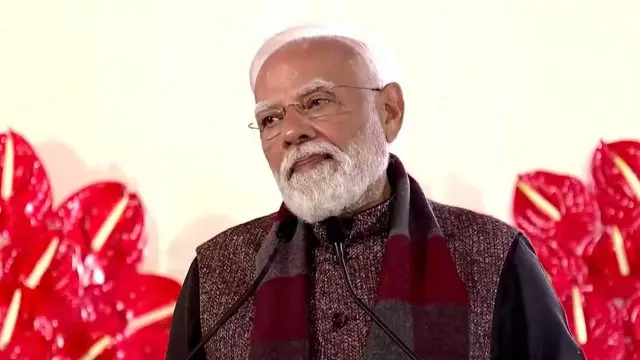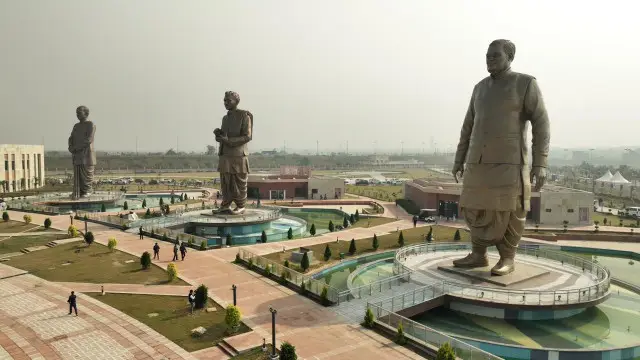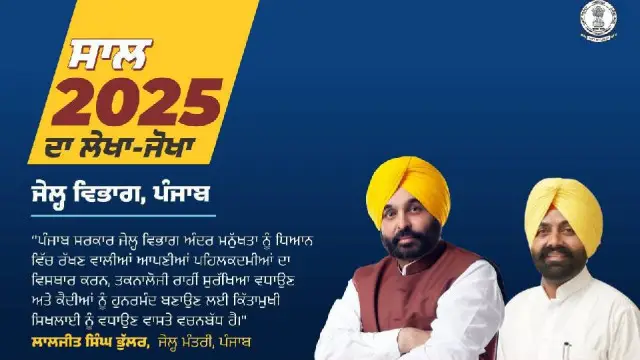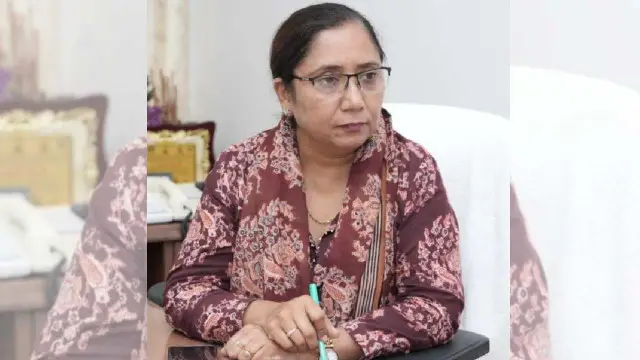Article 370 abrogation: J&K anticipates a fresh start after five years
The revocation of Article 370 and the subsequent changes in Jammu and Kashmir have had a profound impact on the region. The government's aim to bring about integration, development, and security has been met with both support and criticism.

Five years ago, on the morning of August 5, a historic moment unfolded in the region of Jammu and Kashmir. Union Home Minister Amit Shah delivered a speech in Parliament that would bring about significant tectonic changes in the area. In a matter of hours, the Union government revoked the special status of the region by abrogating Article 370, stripped it of its statehood, and divided it into two Union territories. This article reflects on the events that unfolded and the impact they had on the region.
The revocation of Article 370 marked a turning point in the history of Jammu and Kashmir. This article, which granted special autonomous status to the region, aimed to integrate it more closely with the rest of India. By stripping the region of its special status, the government sought to ensure equal rights and opportunities for all citizens of the country. This move was a significant step towards achieving unity and equality.
Simultaneously, the government bifurcated the region into two Union territories - Jammu and Kashmir, and Ladakh. This decision aimed to facilitate better governance, development, and security in the region. While Jammu and Kashmir would have a legislature, Ladakh would be a Union territory without a legislature. This division was intended to streamline administrative processes and ensure efficient governance.
However, the revocation of Article 370 and the subsequent changes had a profound impact on the region. Following the revocation, internet and phone services were suspended in the Valley, and curfew-like conditions were imposed for several months. These measures were taken to maintain law and order and prevent any untoward incidents. While they were necessary for security reasons, they also had an impact on the daily lives of the people, affecting communication, businesses, and education.
The revocation of Article 370 faced legal challenges as well. Activists and opposition members approached the Supreme Court to challenge the government's decision. After a year-long legal battle, the Supreme Court upheld the revocation, stating that it was within the constitutional framework. This verdict further solidified the changes made in Jammu and Kashmir and affirmed the government's actions.
As we reflect on the events of the past five years, it is essential to consider the long-term implications of the revocation of Article 370. While the government aimed to bring about integration, development, and security, the move also faced criticism and legal challenges. It is crucial to work towards ensuring peace, prosperity, and inclusivity for all residents of Jammu and Kashmir. The region has immense potential for growth and progress, and it is essential to harness this potential while addressing the concerns and aspirations of the people.
The revocation of Article 370 and the subsequent changes in Jammu and Kashmir have had a profound impact on the region. The government's aim to bring about integration, development, and security has been met with both support and criticism. As we move forward, it is crucial to address the concerns of the people and work towards a future that ensures peace, prosperity, and inclusivity for all residents of Jammu and Kashmir.















